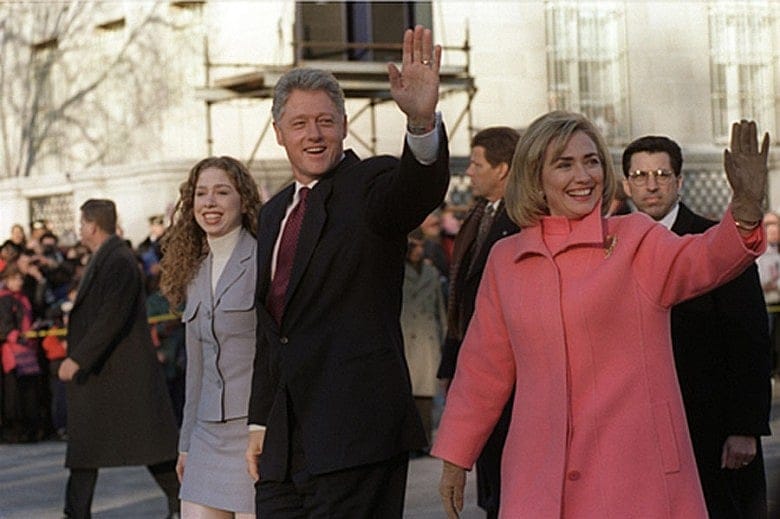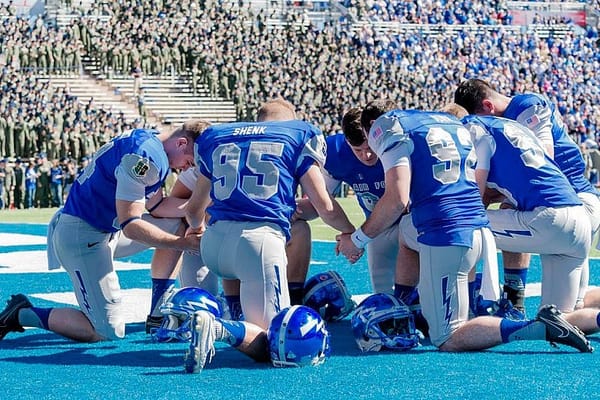The enrichment of Bill and Hillary Clinton Part II

Uranium, Kazakhstan and Russia
My previous posting painted a broad brush portrait of Bill and Hillary Clinton's modus operandi. It showed how they amassed a fortune of more than $100 million between 2001 and 2012, and solicited donations to the Clinton Foundation to further their political and financial goals, and their use of political power and connections to effect U.S. policy, which enriched their friends and donors. In this piece, we will focus on the details of one of the Clinton's most shameful transactions which illustrated this corrupt pattern of self-enrichment, influence-peddling and using their power to help their friends achieve their goals. All of the details below emanate from Peter Schweizer's masterful book, "Clinton Cash," which has more than 50 pages of footnotes backing up his work.

